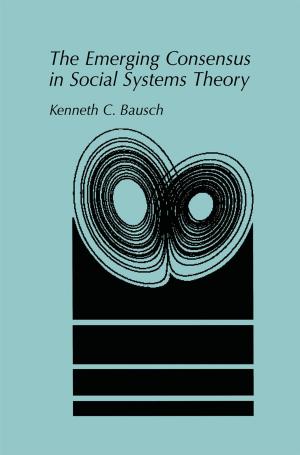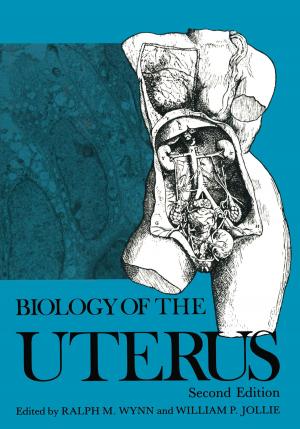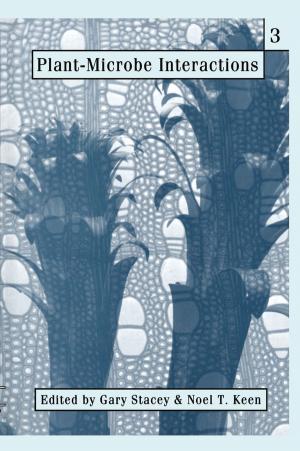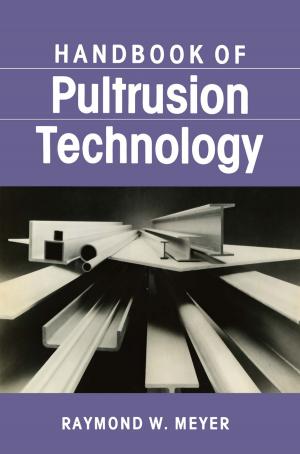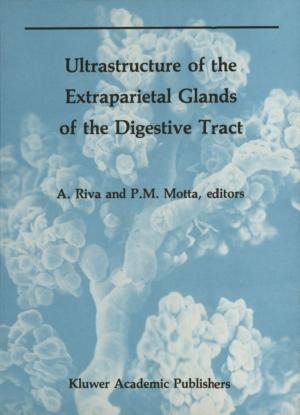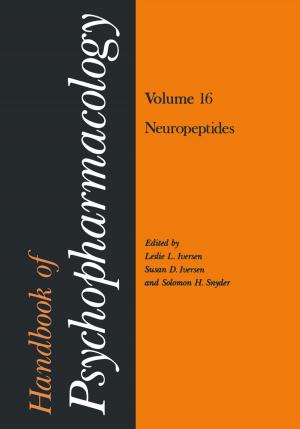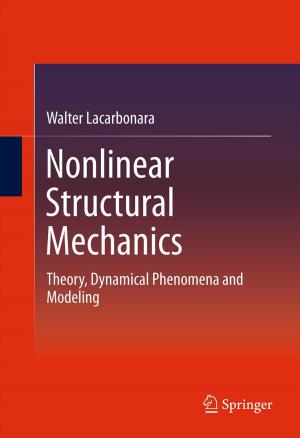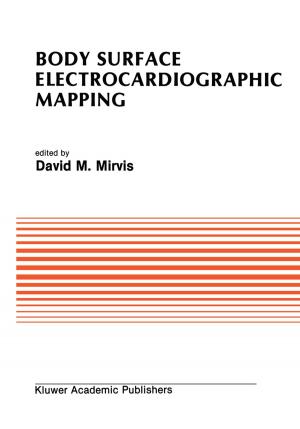The Tunnel Effect in Chemistry
Nonfiction, Science & Nature, Science, Chemistry, Physical & Theoretical| Author: | Ronald Percy Bell | ISBN: | 9781489928917 |
| Publisher: | Springer US | Publication: | November 11, 2013 |
| Imprint: | Springer | Language: | English |
| Author: | Ronald Percy Bell |
| ISBN: | 9781489928917 |
| Publisher: | Springer US |
| Publication: | November 11, 2013 |
| Imprint: | Springer |
| Language: | English |
The suggestion that quantum-mechanical tunnelling might be a significant factor in some chemical reactions was first made fifty years ago by Hund, very soon after the principles of wave mechanics had been established by de Broglie, Schrodinger and Heisenberg, and similar ideas were put forward during the following thirty years by a number of authors. It was realised from the beginning that such effects would be particularly prominent in reactions involving the movement of protons or hydrogen atoms, and both theoretical and experimental work received a powerful stimulus in the discovery of deuterium in 1932. During the last twenty years theoretical predictions about the tunnel effect have been supported by an increasing body of experimental evidence, derived especially from studies of hydrogen isotope effects. The present book presents an attempt to summarize this evidence and to indicate the main lines of the basic theory. Details of mathematical manipu lation are restricted mainly to Chapter 2 and the Appendices, and many readers may prefer to confine themselves to the results obtained. The main emphasis has been on the kinetics of chemical reactions involving the transfer of protons, hydrogen atoms or hydride ions, although Chapter 6 gives an account of the role of the tunnel effect in molecular spectra, and Chapter 7 makes some mention of tunnelling in solid state phenomena, biological processes and the electrolytic discharge of hydrogen. Only passing references have been made to tunnelling by electrons.
The suggestion that quantum-mechanical tunnelling might be a significant factor in some chemical reactions was first made fifty years ago by Hund, very soon after the principles of wave mechanics had been established by de Broglie, Schrodinger and Heisenberg, and similar ideas were put forward during the following thirty years by a number of authors. It was realised from the beginning that such effects would be particularly prominent in reactions involving the movement of protons or hydrogen atoms, and both theoretical and experimental work received a powerful stimulus in the discovery of deuterium in 1932. During the last twenty years theoretical predictions about the tunnel effect have been supported by an increasing body of experimental evidence, derived especially from studies of hydrogen isotope effects. The present book presents an attempt to summarize this evidence and to indicate the main lines of the basic theory. Details of mathematical manipu lation are restricted mainly to Chapter 2 and the Appendices, and many readers may prefer to confine themselves to the results obtained. The main emphasis has been on the kinetics of chemical reactions involving the transfer of protons, hydrogen atoms or hydride ions, although Chapter 6 gives an account of the role of the tunnel effect in molecular spectra, and Chapter 7 makes some mention of tunnelling in solid state phenomena, biological processes and the electrolytic discharge of hydrogen. Only passing references have been made to tunnelling by electrons.

